European Leaders to Join Zelenskyy in Washington Talks with Trump on Ukraine War
European and NATO leaders will join Ukrainian President Volodymyr Zelenskyy in Washington to press President Donald Trump for firm security guarantees and stronger military support as part of efforts to end Russia’s war in Ukraine.
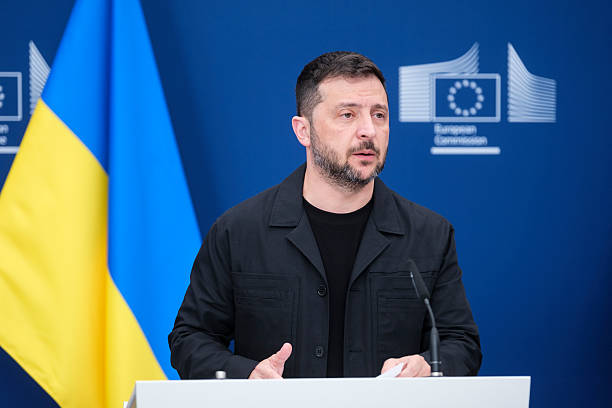 European Commission President Ursula Von Der Leyen Hosts Ukrainian President Volodymyr Zelensky For Bilateral Talks In Brussels
European Commission President Ursula Von Der Leyen Hosts Ukrainian President Volodymyr Zelensky For Bilateral Talks In BrusselsEuropean and NATO leaders announced Sunday they will join President Volodymyr Zelenskyy in Washington to present a united front in talks with President Donald Trump on ending Russia’s war in Ukraine and finalizing U.S. security guarantees now under discussion.
Leaders from Britain, France, Germany, Italy and Finland pledged support for Zelenskyy after his exclusion from Trump’s summit on Friday with Russian President Vladimir Putin. Their presence at the White House on Monday is aimed at avoiding a repeat of February’s contentious Oval Office meeting, when Trump sharply berated Zelenskyy.

“The Europeans are very afraid of the Oval Office scene being repeated and so they want to support Mr. Zelenskyy to the hilt,” said retired French Gen. Dominique Trinquand, former head of France’s military mission at the United Nations. “It’s a power struggle and a position of strength that might work with Trump.”
Special U.S. envoy Steve Witkoff told CNN’s “State of the Union” on Sunday that Putin had agreed in Alaska talks with Trump to consider U.S. and European security guarantees for Ukraine resembling NATO’s collective defense mandate. Witkoff called the development “game-changing,” noting it was the first time Russia had signaled such willingness.
French President Emmanuel Macron said the European delegation will urge Trump to back plans to strengthen Ukraine’s armed forces through expanded training, equipment and long-term financing. The plans also propose an allied presence in Ukraine away from front-line areas to reassure Kyiv and deter future Russian aggression.
“We need a credible format for the Ukrainian army … and say — we Europeans and Americans — how we’ll train them, equip them, and finance this effort in the long-term,” Macron said. He added that “several thousand men on the ground in Ukraine in the zone of peace” would demonstrate unity, stressing that the discussion with Washington must clarify “who is ready to do what.”
European Commission President Ursula von der Leyen said alongside Zelenskyy in Brussels that “we welcome President Trump’s willingness to contribute to Article 5-like security guarantees for Ukraine. And the ‘coalition of the willing’ — including the European Union — is ready to do its share.” Macron emphasized substance over form, saying, “A theoretical article isn’t enough, the question is one of substance. We must start out by saying that the first of the security guarantees for Ukraine is a strong Ukrainian army.”
Alongside Von der Leyen and Macron, British Prime Minister Keir Starmer, German Chancellor Friedrich Merz, Italian Premier Giorgia Meloni, Finnish President Alexander Stubb, and NATO Secretary-General Mark Rutte will attend Monday’s talks.
Their participation comes amid concern in Kyiv and other capitals that Ukraine could be pressured into a premature peace deal. Neil Melvin, director of international security at the Royal United Services Institute in London, said European leaders are trying to “shape this fast-evolving agenda.” He noted that after the Alaska summit, the focus appeared to shift away from a ceasefire toward Putin’s demand that Ukraine be barred from NATO or EU membership.
U.S. Secretary of State Marco Rubio told NBC’s “Meet the Press” that a ceasefire is “not off the table” but emphasized that a full peace deal remains the preferred outcome. Putin, for his part, suggested after the Trump summit that European leaders could “create obstacles” with “behind-the-scenes intrigue.” He has resisted meeting Zelenskyy directly, insisting groundwork for a deal must first be completed.
For now, Zelenskyy is seen as Europe’s conduit into talks on Ukraine’s future security, though observers warn that the large European delegation must avoid sending “contradictory” signals. “The risk is they look heavy-handed and are ganging up on Trump,” Melvin said. “Trump won’t want to be put in a corner.”
Although the details of Article 5-like guarantees remain unclear, the arrangement could resemble NATO’s commitment that an attack on one member is an attack on all. Zelenskyy underscored that Ukraine’s defense ultimately rests on its own capabilities, supported by both European and U.S. contributions.
“A security guarantee is a strong army. Only Ukraine can provide that. Only Europe can finance this army, and weapons for this army can be provided by our domestic production and European production. But there are certain things that are in short supply and are only available in the United States,” Zelenskyy said.
The Ukrainian leader also dismissed Trump’s suggestion, favored by Putin, to pursue a comprehensive peace deal over a ceasefire. He said a ceasefire could allow time to evaluate Russia’s demands but warned that Moscow’s intentions were unchanged. “It’s impossible to do this under the pressure of weapons,” Zelenskyy said. “Putin does not want to stop the killing, but he must do it.”
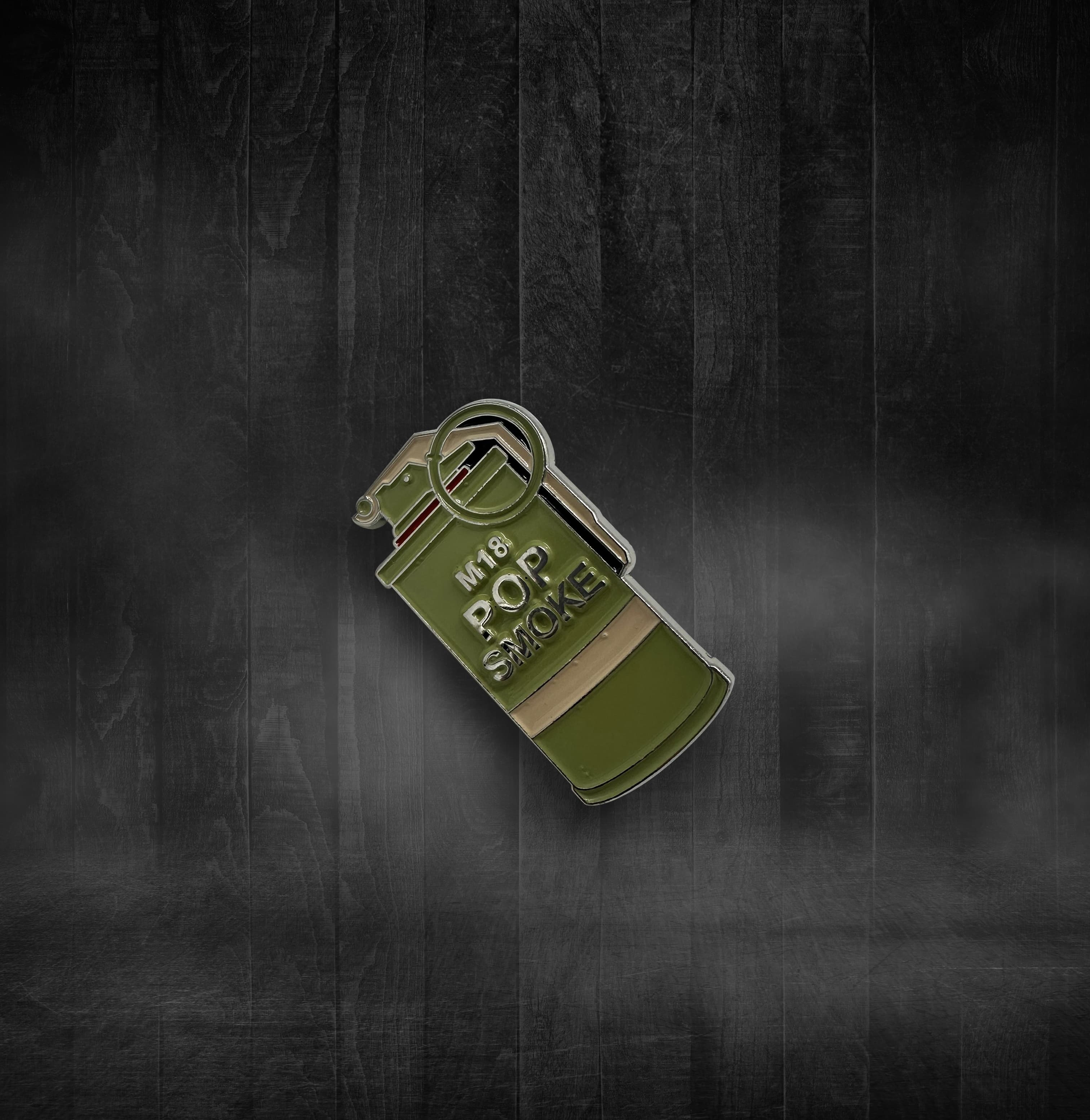



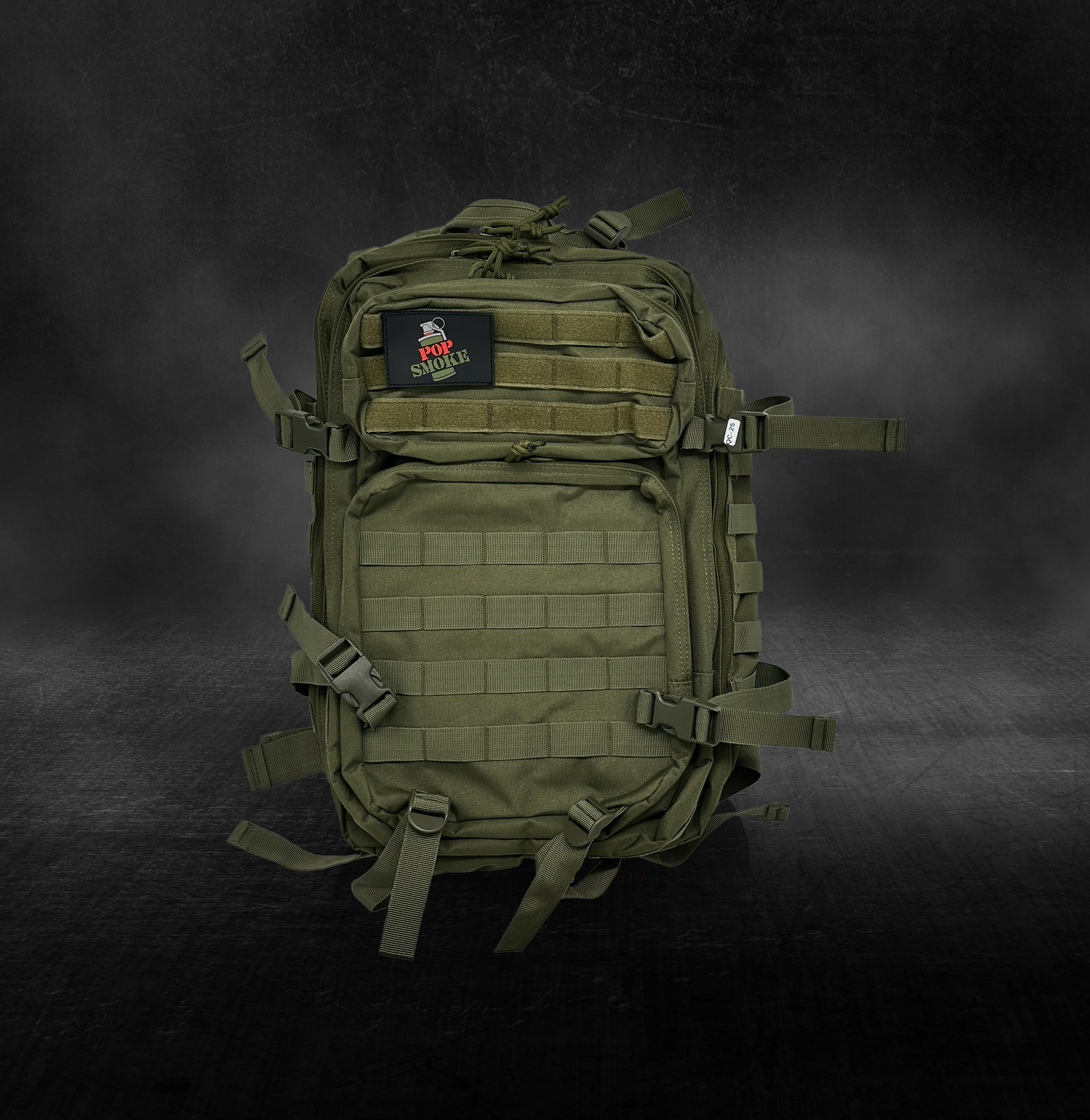
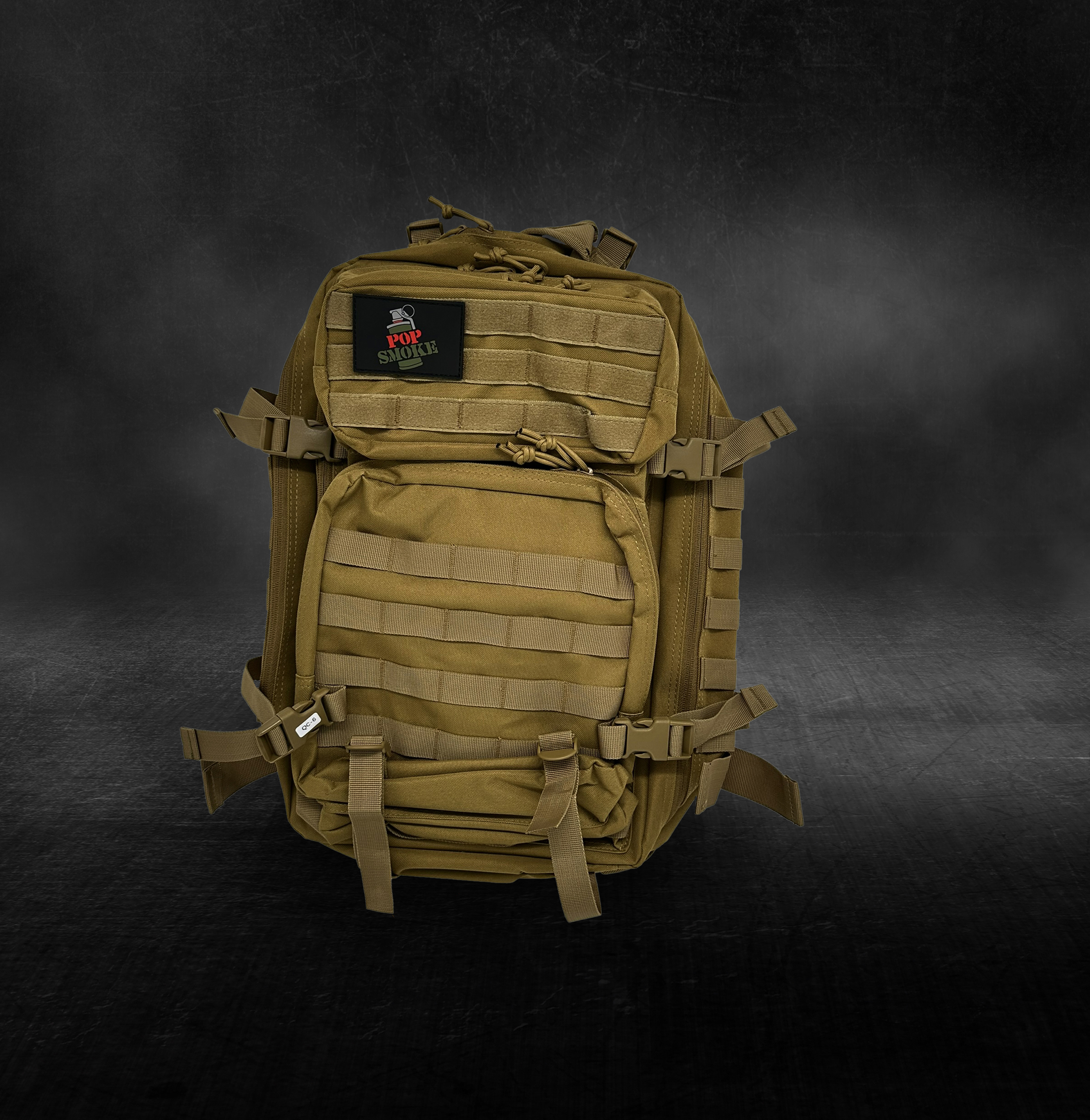


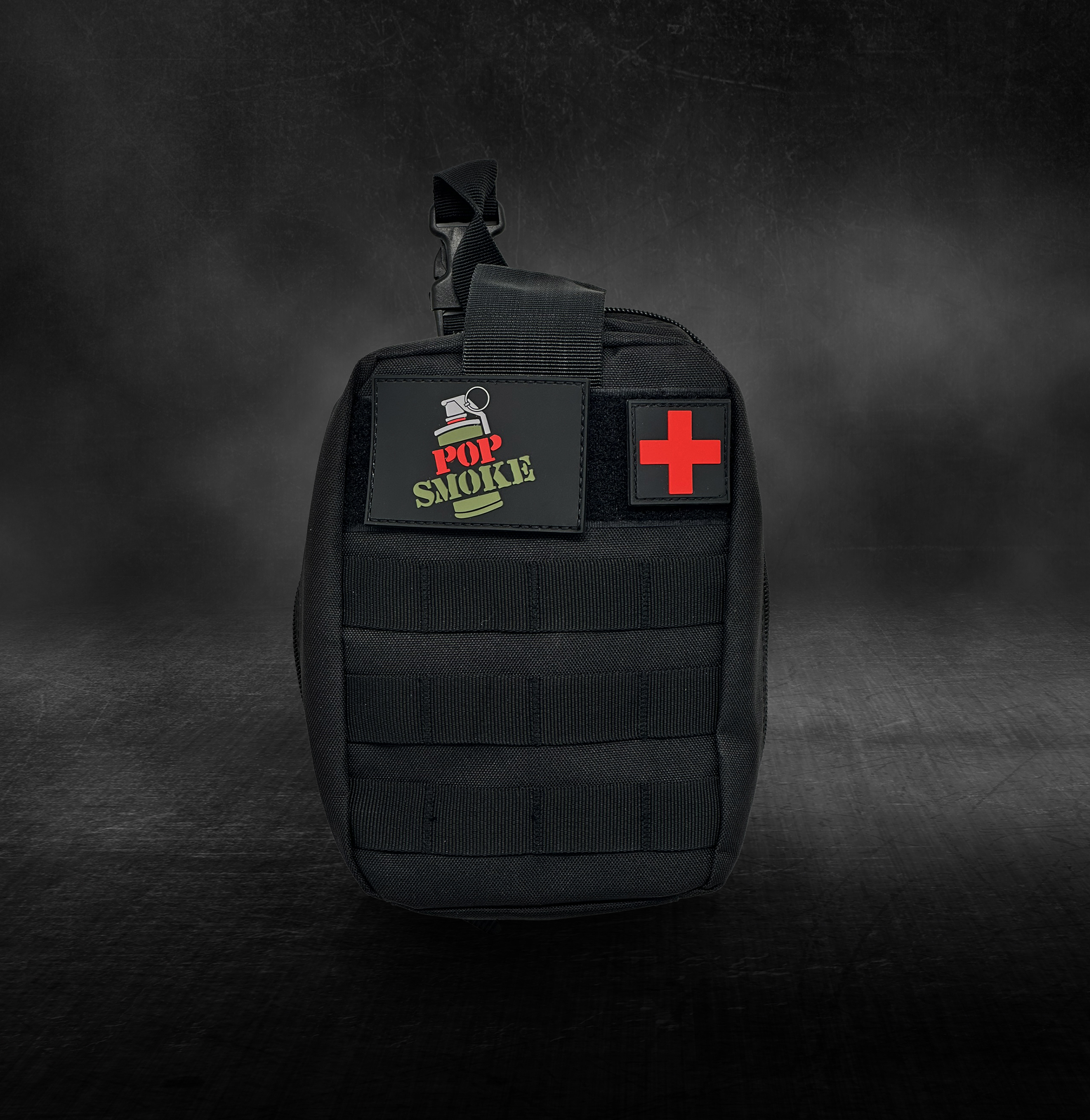



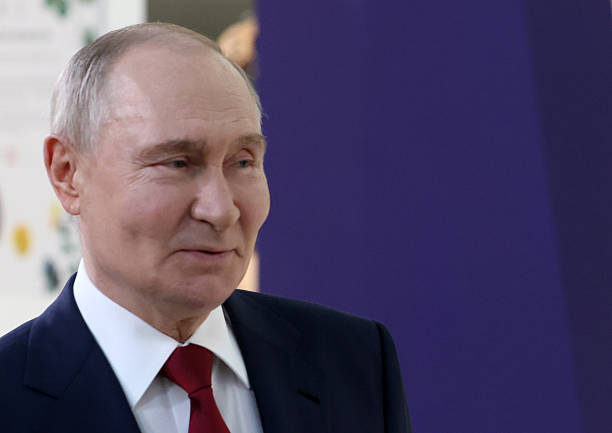
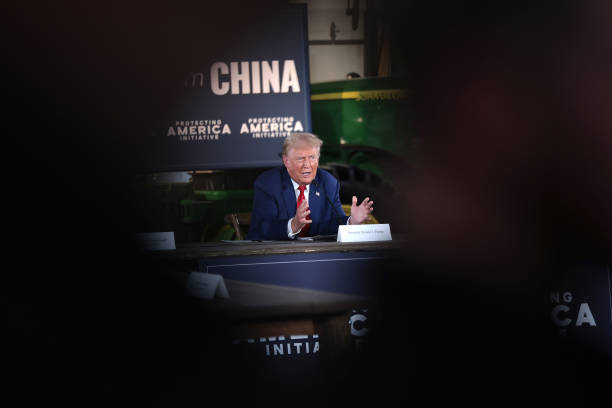
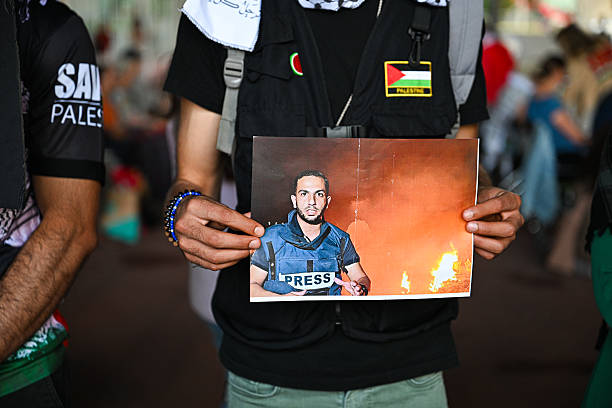
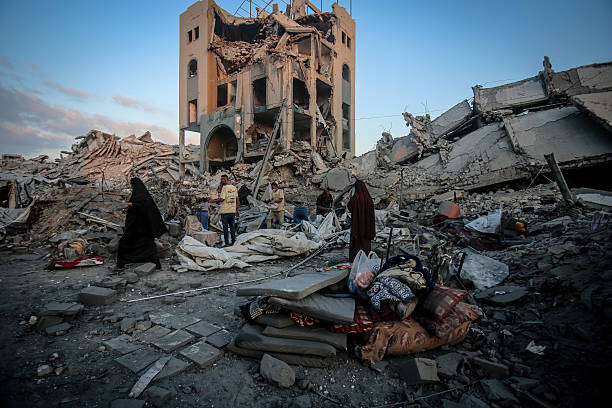
Conversation